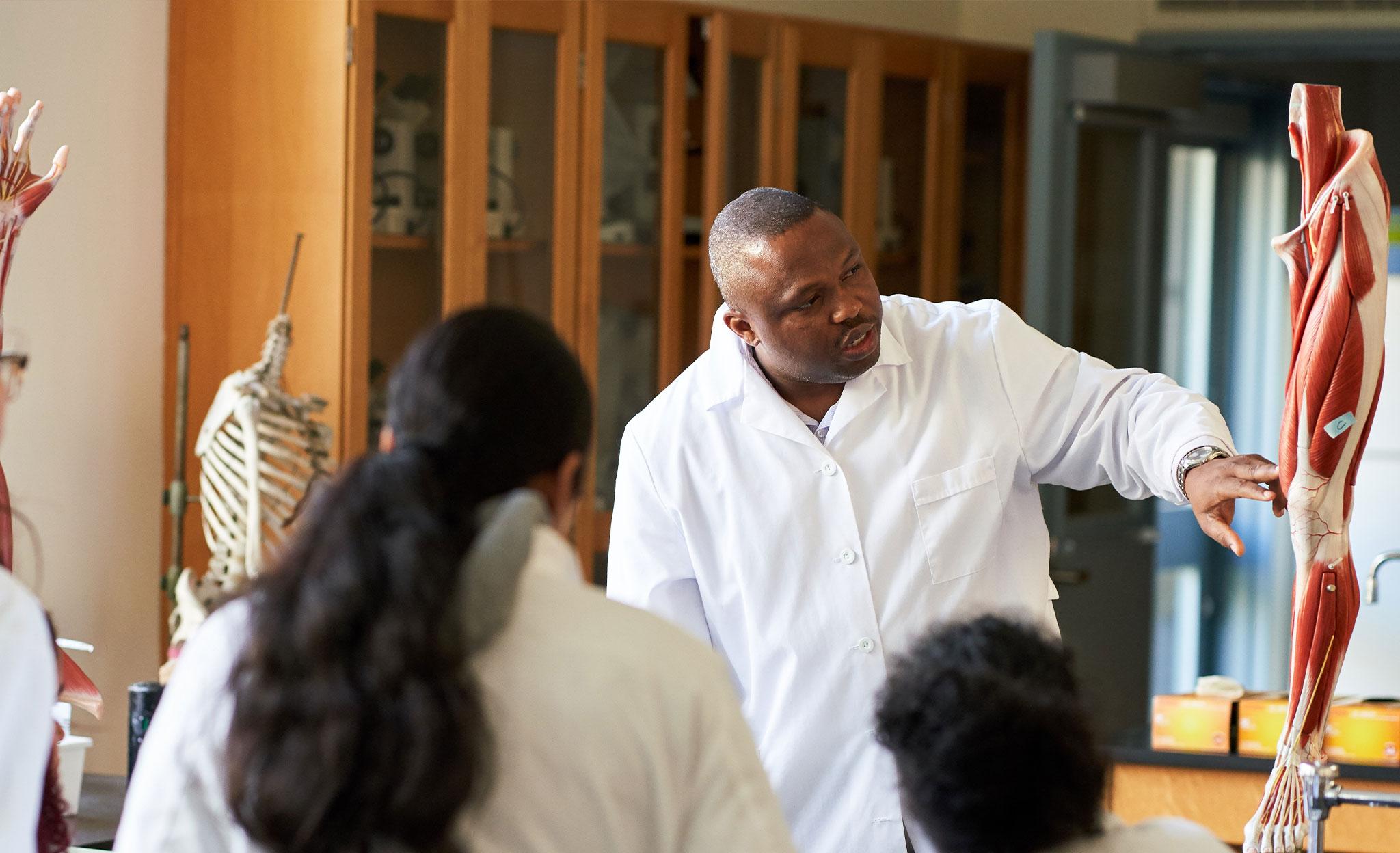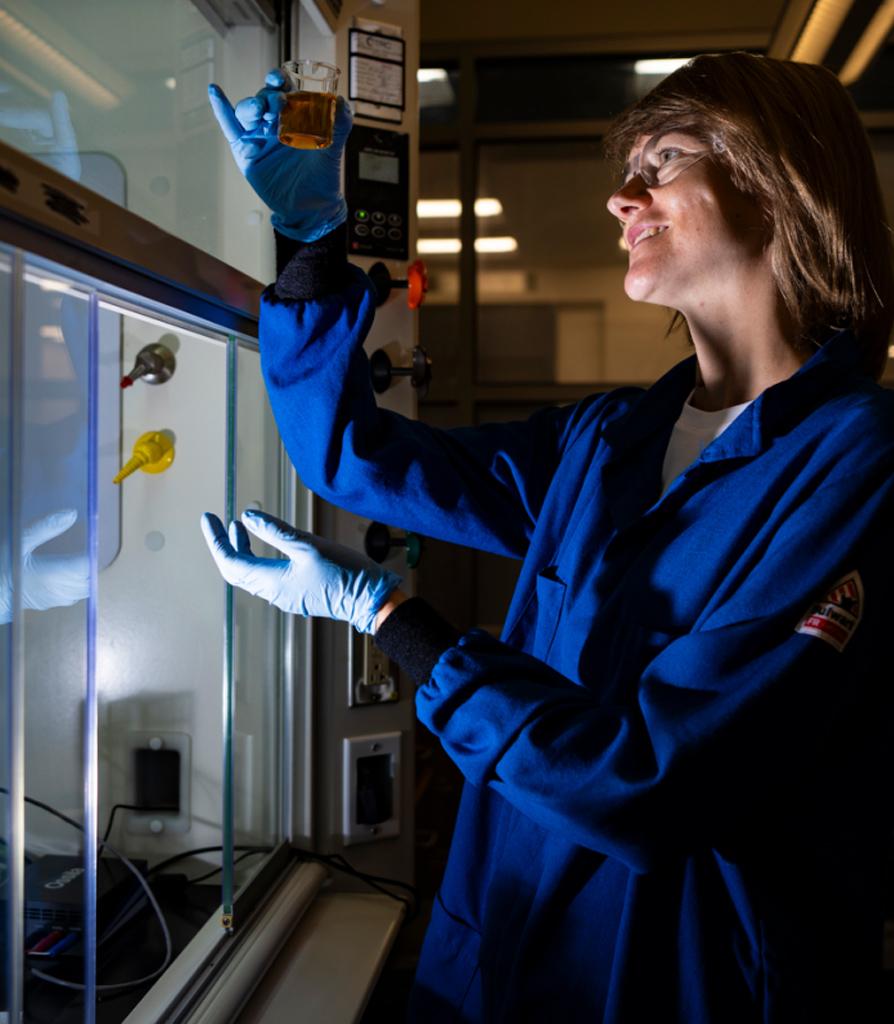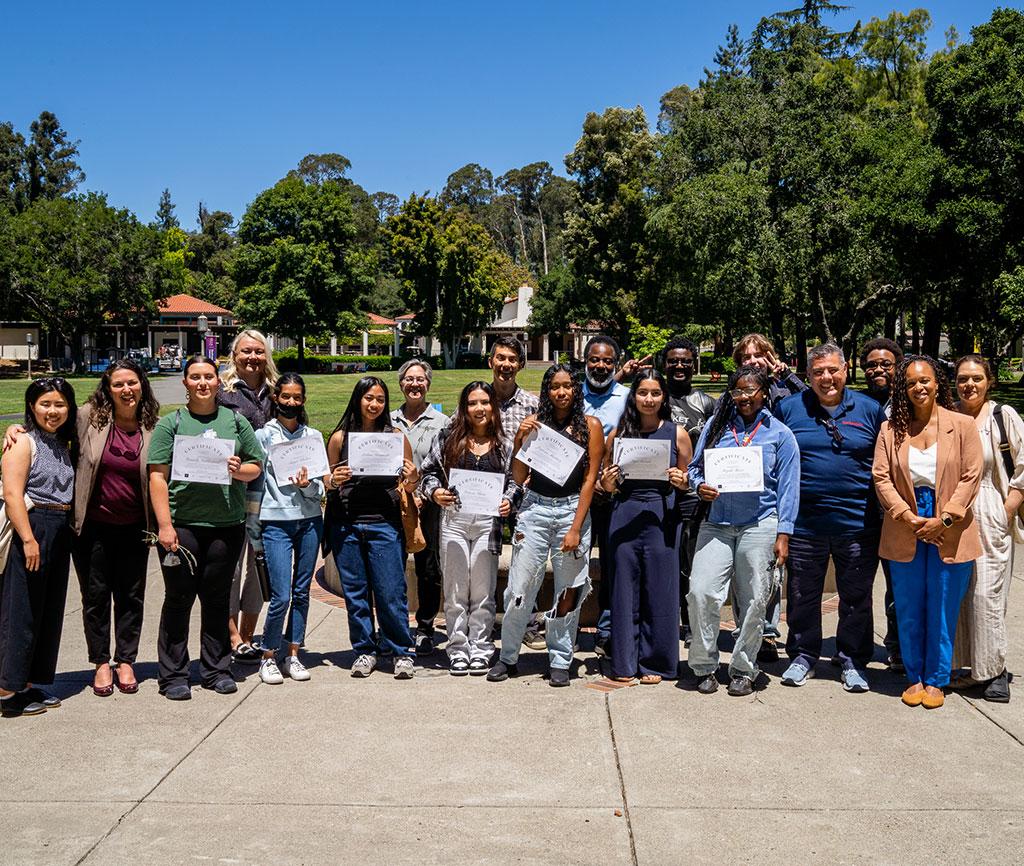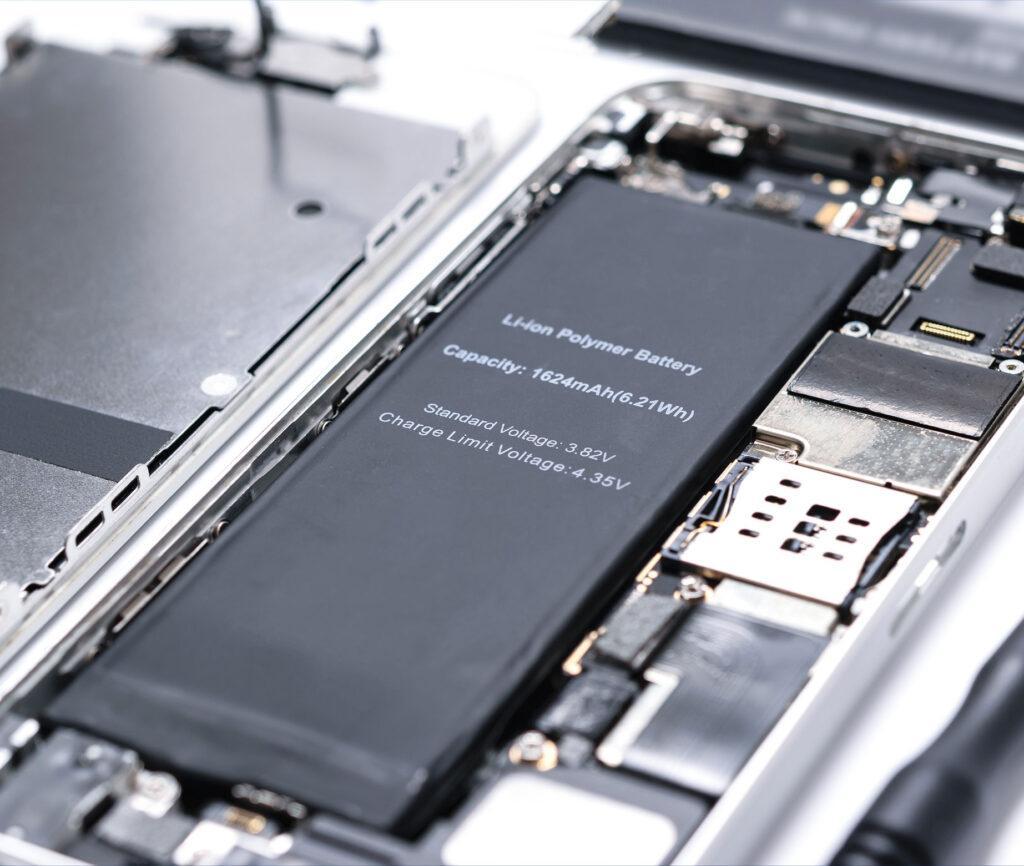
A Novel Approach
Research across industry, government, and academia
Find solutions to complex problems in partnership with Northeastern’s multidisciplinary faculty.
Increase your Reach
Drive innovation in Oakland and beyond
An experience-driven approach
Collaborate with impact-oriented faculty researchers dedicated to solving your most pressing problems and accelerating your time to market.
Areas of focus
Explore cutting-edge research in health, security, sustainability, aerospace engineering, cognitive and information services, and social impact and innovation—while solving problems affecting Oakland, the Bay Area, and the globe.
Worldwide resources
Benefit from a global university system with advanced technologies, adaptable facilities, and flexible IP policies to create solutions that can be expanded to meet market needs.

case studies
Bringing experts together to discover solutions

Community to Community
Improving outcomes for urban teens
Community to Community (C2C) impact engine research shows that summer jobs programs significantly reduce violent crime and increase the chance of youths attending college. Leveraging this research, Northeastern professors Carrie Maultsby-Lute (Oakland) and Alicia Sasser Modestino (Boston) expanded the Summer Youth Employment Program from Boston to Northeastern’s Oakland campus, bringing job opportunities and college prep mentorship to local teens.
With C2C’s help, the program will be expanding its student job offerings through partnerships with East Bay city governments and community organizations.

Global Universty Collaboration
Improving smart phone batteries
To understand the electrochemical processes inside the lithium-ion batteries that power smart phones, Northeastern physics professor Arun Bansil teamed with faculty at seven universities and institutes in Japan, Finland, and the U.S. Their findings about the behavior of subatomic electrons and oxygen molecules could help researchers improve the battery materials that are in high demand worldwide.

Maine Medical Center
Safeguarding surgical patients
Maine Medical Center, part of the MaineHealth system, seeks better ways for caregivers to analyze patient health data in order to predict negative outcomes and save lives.
It has partnered with Raimond Winslow, director of life science and medicine research at Northeastern University’s Roux Institute in Maine. First, Winslow and MaineHealth are conducting a retrospective study of patients and outcomes in the cardiothoracic intensive care unit. Next, they’ll apply computational medicine—Winslow’s area of expertise—to develop strategies that help caregivers know when and how to intervene before a patient’s condition becomes dire.

Kebotix
Expanding cancer drug options
Many light-activated cancer drugs can only be used in areas of the body that light reaches, such as the skin or esophagus.
Steven Lopez, a materials chemistry expert and an assistant professor at Northeastern’s Boston location, is working to expand this approach, known as photodynamic therapy, to a wider range of cancers. He’s teamed up with Kebotix, a company that uses AI and other tools to speed the discovery of new molecules. Together, Lopez and Kebotix are training algorithms to identify the molecular patterns of potentially suitable photodynamic therapy drugs. A few promising possibilities have already emerged.
CONTACT